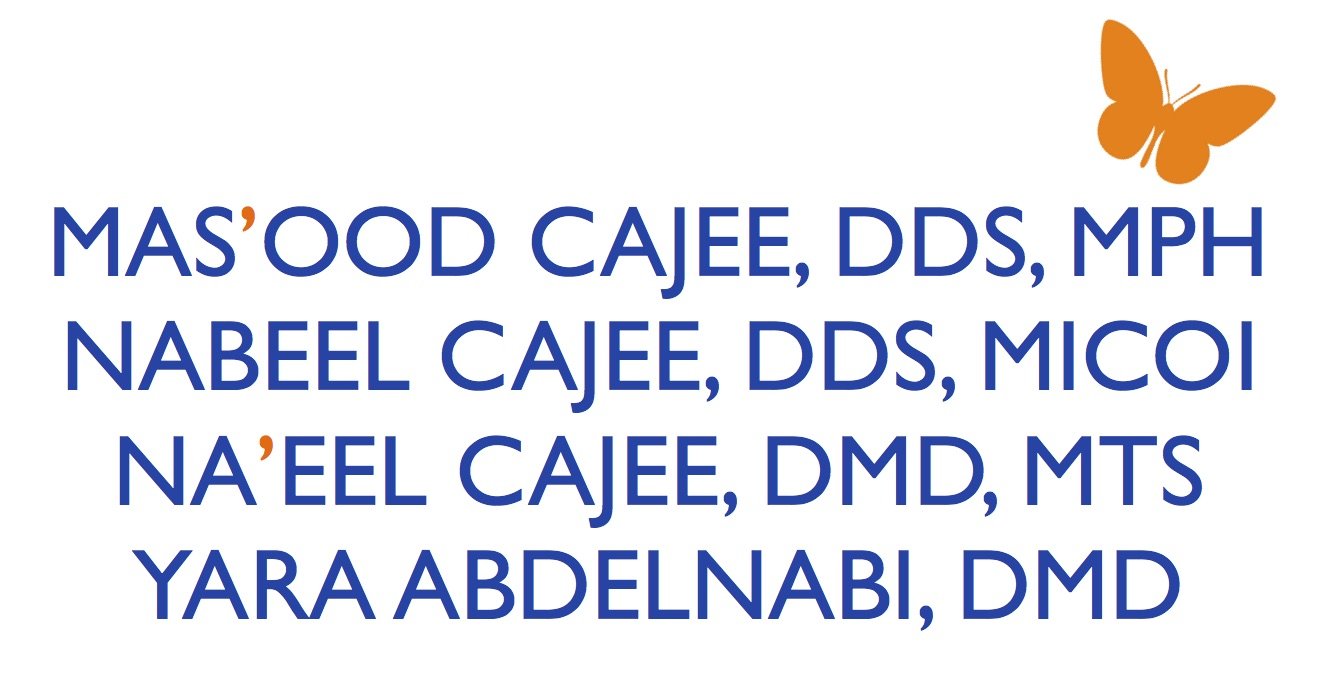2016 marks the 150th anniversary of The ADA Principles of Ethics and Code of Conduct. Known as “the ADA Code,” members voluntarily agree to abide as a condition of membership, committing to high ethical standards of conduct. Much like the profession, the ADA Code has evolved throughout the past 150 years, however its fundamental purpose—putting the welfare of patients first—remains constant.
Watch the movie above, “What does ADA's Code of Ethics mean?" with full sound.
Access a PDF copy of the Code here.
Learn more about the ADA Code of Ethics.
The ADA Code has three main components: The Principles of Ethics, the Code of Professional Conduct and the Advisory Opinions.
- Principles
The Principles of Ethics are the aspirational goals of the profession. They provide guidance and offer justification for the Code of Professional Conduct and the Advisory Opinions. There are five fundamental principles that form the foundation of the ADA Code: patient autonomy, nonmaleficence, beneficence, justice and veracity. Principles can overlap each other as well as compete with each other for priority. More than one principle can justify a given element of the Code of Professional Conduct. Principles may at times need to be balanced against each other, but, otherwise, they are the profession's firm guideposts.
- Code of Professional Conduct
The Code of Professional Conduct is an expression of specific types of conduct that are either required or prohibited. The Code of Professional Conduct is a product of the ADA's legislative system. All elements of the Code of Professional Conduct result from resolutions that are adopted by the ADA's House of Delegates. The Code of Professional Conduct is binding on members of the ADA, and violations may result in disciplinary action.
- Advisory Opinions
The Advisory Opinions are interpretations that apply the Code of Professional Conduct to specific fact situations. They are adopted by the ADA's Council on Ethics, Bylaws and Judicial Affairs to provide guidance to the membership on how the Council might interpret the Code of Professional Conduct in a disciplinary proceeding.

